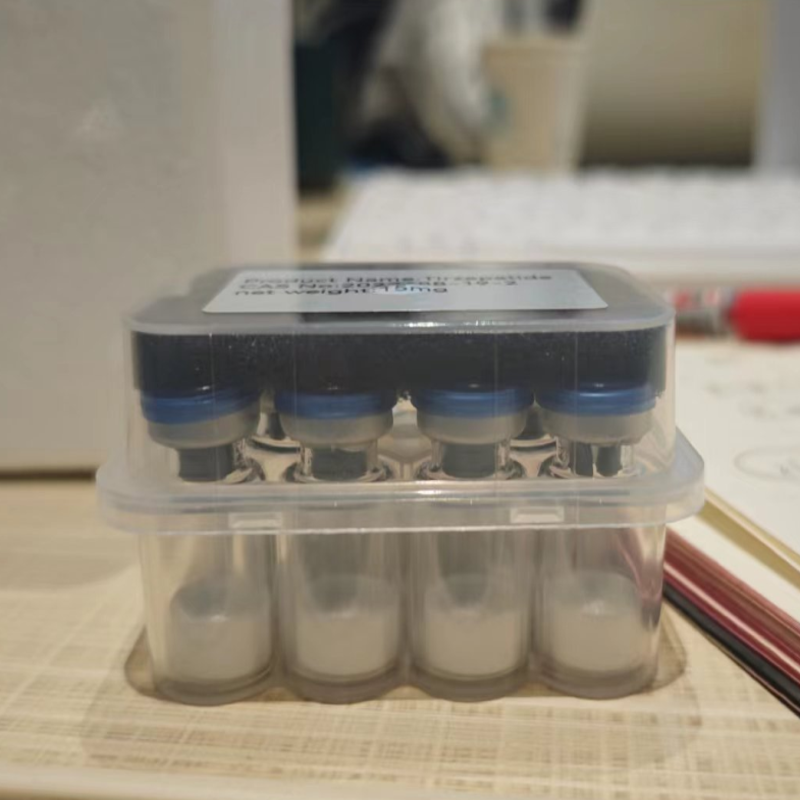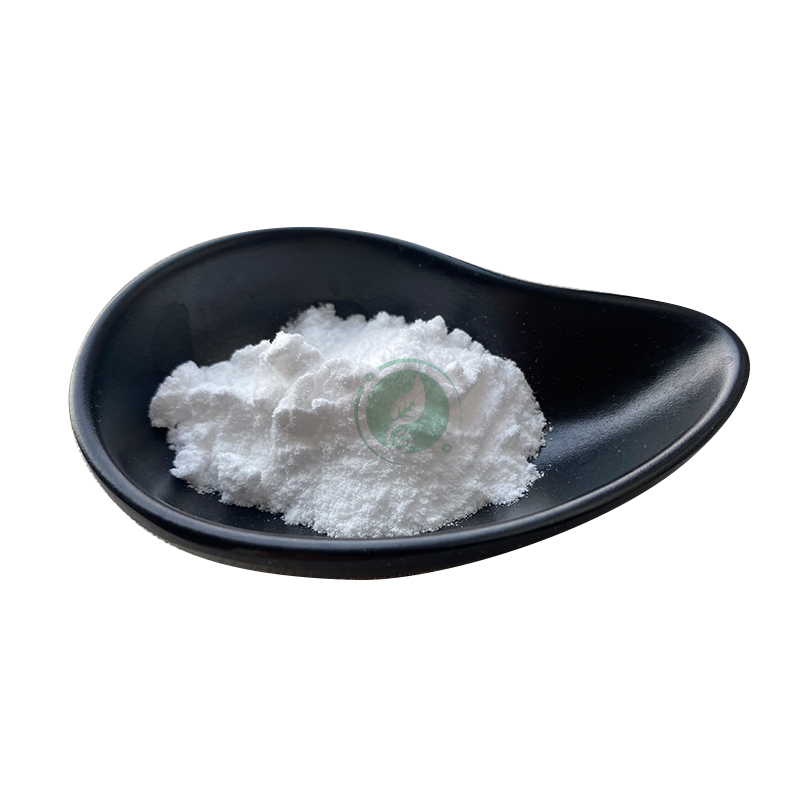-
Categories
-
Pharmaceutical Intermediates
-
Active Pharmaceutical Ingredients
-
Food Additives
- Industrial Coatings
- Agrochemicals
- Dyes and Pigments
- Surfactant
- Flavors and Fragrances
- Chemical Reagents
- Catalyst and Auxiliary
- Natural Products
- Inorganic Chemistry
-
Organic Chemistry
-
Biochemical Engineering
- Analytical Chemistry
-
Cosmetic Ingredient
- Water Treatment Chemical
-
Pharmaceutical Intermediates
Promotion
ECHEMI Mall
Wholesale
Weekly Price
Exhibition
News
-
Trade Service
ARC is the only supplier of certain species of rodents in Australia
ARC, Australia’s largest research mouse supplier, announced last week that it plans to stop production within the next 18 months
ARC is a breeding organization in Perth, Western Australia, with an annual income of approximately A$8 million (US$5.
However, on July 2nd, ARC sent an email to its customers, conveying the news that the supply of rats will soon be exhausted
The reason for stopping production is "economically uneconomical"
An email from Acting ARC CEO Kirsty Moynihan stated that because the center does not “can operate in a financially self-sufficient manner,” actions need to be taken to reduce operations, and they need to free up Murdoch University’s premises
It is reported that Western Australia needs to provide about 1.
In a statement sent to Nature, the spokesperson for the Minister of National Health said, "The Western Australian Government has repeatedly been asked to intervene and provide financial contributions
The spokesperson added that the original purpose of ARC was to provide research institutions in Western Australia with experimental animals as disease models, but currently only about 16% of the animals sold remain in the state.
The catalyst is that the lease of the center will expire in 2023.
Now, even the laboratories in Australia are eager to study the coronavirus in genetically modified animals
Australia’s experience is somewhat shocking
But this ignores the reason for closing the center will have a Western Australian institutions affected, former chairman of the Australian and New Zealand Association for Laboratory Animal Malcolm France said, "There is no cooperation with the federal government or other stakeholders to develop a tendency to plan"
Kirsty Short is a virologist at the University of Queensland in Brisbane.
Before finding an alternative source of these animals, many researchers may have to stop experiments
Duncan Ivison, the vice-chancellor for research at the University of Sydney, said the researchers are also very concerned
Michelle Haber, executive director of the Sydney Children's Cancer Institute, said that ARC accounts for 80% of the animals ordered by her institute, including a type of mouse that no other supplier provides in Australia
How to deal with it?
The researchers said that this problem is not easy to solve, because other breeding centers will find it difficult to expand in time to fill the gap
.
One option is to import animals, which will be expensive due to the difficulties of quarantine rules and animal pressure
.
Researchers say that individual universities can expand their own breeding programs and scale to maintain highly specialized animal breeds, but many universities have limited breeding space
.
Short said: "The question is, who will bear this cost, how it feasible?"
.
France adds that, ARC's quality control standards will also be "difficult to replicate in many universities"
.
Ivison said University of Sydney a few weeks recently joined other research-intensive universities, trying to find a solution, but it may not be implemented before closure, "This will enable researchers scramble to find alternatives"
.
So far, scientists have been lingering fears
.
There are too many questions to be answered, "Short said
.
But she and others want another vendor can intervene to fill the vacuum
.
" We must propose solutions in the country "
.







